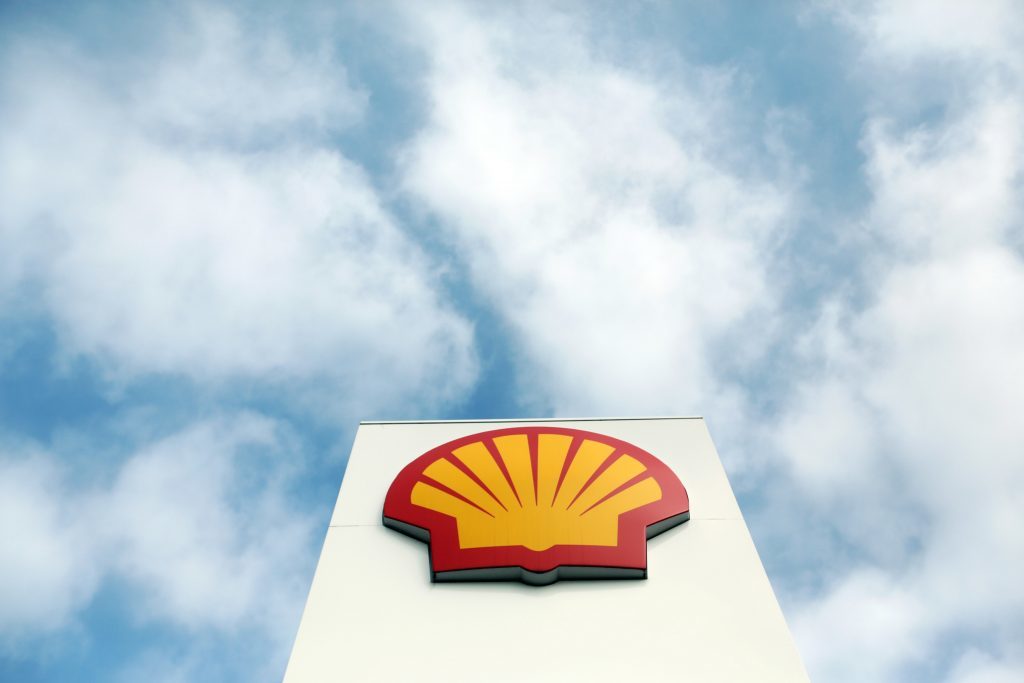
Malaysia has revoked a cross-border agreement with Brunei to jointly develop fields along the Malaysian-Brunei maritime boundary.
The move jeopardises Total’s proposed sale of its Block CA-1 to Shell, as well as various offshore production-sharing contracts, including the Shell-led Gumusut-Kakap project.
Industry sources in Malaysia confirmed that Petronas halted discussions early February regarding unitisation and joint collaboration on several upstream projects straddling the maritime boundary, or that are located in Blocks CA-1 and CA-2 in the demarcated Malaysia Brunei Commercial Arrangement Area (CAA).
There has been no official confirmation or announcement, but it is believed that Kuala Lumpur was unhappy with the proposed revenue sharing split. The split was agreed prior to the May 2018 general election that saw a new government take power in Malaysia. Mahathir Mohamad, who became the new Malaysian Prime Minister, following his Pakatan Harapan (PH) coalition party’s win, is known to have taken a hardline with Brunei and wanted to renegotiate a better deal.
Brunei, which desperately needs new gas production to feed its ageing LNG export complex is reportedly keen to return to the negotiating table as soon as possible. But political turmoil in Malaysia will make it difficult to agree any new deals soon.
Malaysia was cast into political disarray following Mahathir Mohamad’s shock resignation as prime minister on 24 February, a move that shattered his PH ruling coalition and opened an unprecedented power vacuum in the Southeast Asian nation.
This does not bode well for PetroleumBrunei, which has been seeking to jointly develop a cluster of gas-rich fields with Petronas, including Kelidang on Block CA-2, with the goal of supplying new feedstock to the Brunei LNG plant at Lumut.
Brunei will also be keen for the deep-water Jagus East discovery on Block CA-1 to be developed soon. However, the discovery’s reservoir is thought to be connected with the Shell-operated Gumusut-Kakap structure in Malaysian territorial waters, making bilateral cooperation essential.
Last October, French major Total, which operates Block CA-1, agreed to sell its 86.95% interest to Shell for $300 million. However, the deal, which was expected to close by December 2019, has been delayed, presumably due to the commercial dispute between Malaysia and Brunei over joint development options. Total told Energy Voice that the process to obtain the approval by the relevant authorities is still ongoing.
In addition, Shell’s Geronggong oilfield – the deepest and most remote discovery to date off Brunei – could also be exploited as a tie-back to Gumusuk-Kakap. But before any progress can be made the Anglo-Dutch supermajor will need Brunei and Malaysia to forge new collaboration agreements.
Previously, in late 2017, Petronas and Brunei agreed preliminary unitisation deals for the Kinabalu West NAG, Maharaja Lela North, Gumusut-Kakap and Geronggong-Jagus East fields. However, with Petronas reportedly revoking the deals, these agreements appear to be in jeopardy and Brunei will stop receiving its share of production from producing developments on the Malaysian side of the border. This should give Kuala Lumpur the upper hand in any future negotiations.
Political uncertainty
Meanwhile, the political uncertainty in Malaysia looks set to dent the outlook for the country’s oil and gas sector, particularly in East Malaysia.
There is widespread resentment in East Malaysia over how the region’s natural resource wealth has been managed and distributed. Although the area produces much of the nation’s petroleum wealth, Sarawak and the neighbouring state of Sabah remain less developed than Peninsular Malaysia.
The PH party, led by Mahathir, campaigned to devolve power to Sarawak’s state government prior to winning the 2018 general election. But the federal government never made good on its promise and it has been embroiled in an ongoing battle over resources with the state of Sarawak ever since. This has emboldened Sarawak to assert ownership of its onshore and offshore resources.
As the political battle over hydrocarbon resources has intensified over the past year or so, new upstream projects waiting to take FID have been delayed. This is significant because Sarawak is the only Malaysian province that could expand its hydrocarbon output by 2025. However, this growth potential depends largely on as-yet unsanctioned projects such as K5, Jerun, and Lang Lebah.
Significantly, the eastern states’ claims to resources has created uncertainty for companies operating in the region, and this is expected to affect future upstream investment. With the federal government now in disarray the outlook is not likely to improve anytime soon.
Crucially, more delays will limit the expansion in production needed to help maintain lucrative oil and gas exports, which earn important government revenues.